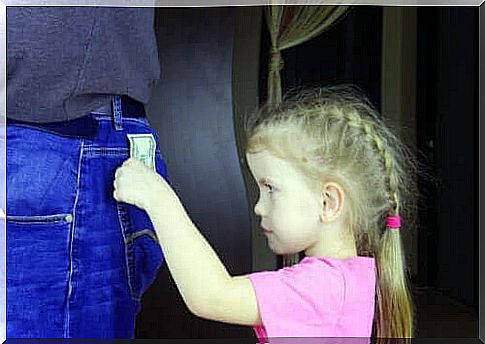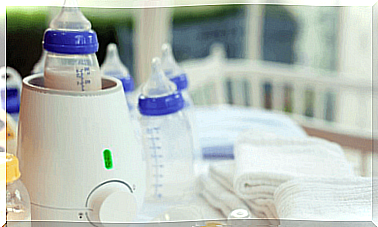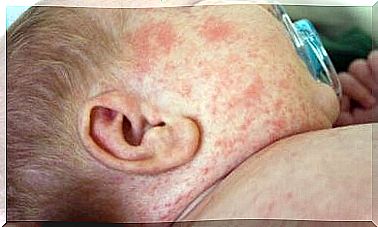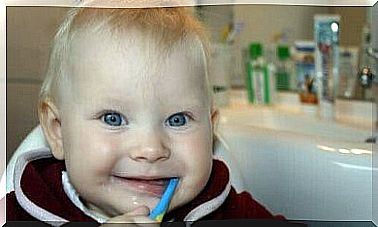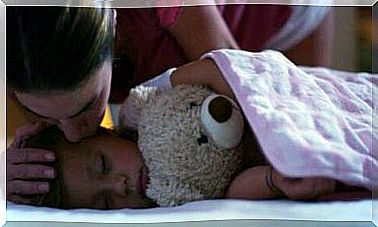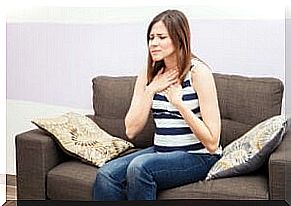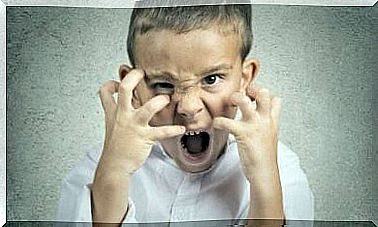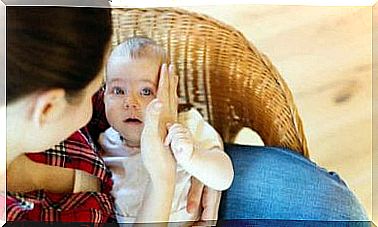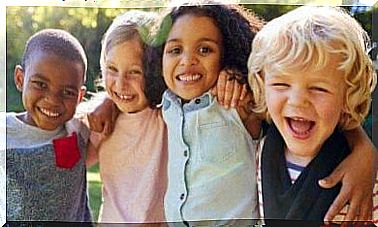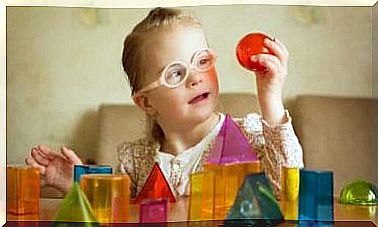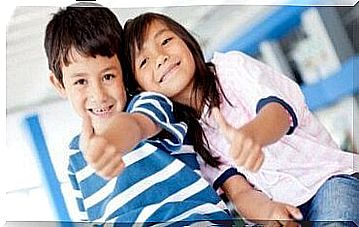Dyssocial Behavior Disorder: Symptoms, Causes And Treatment – You Are Parents
Dyssocial behavior disorder is a disorder that usually appears at early ages, around 5 or 6 years old. It is characterized by a deficiency in emotional and behavioral control, which leads the child to disrespect the rights of others and to not adjust to social norms. It is therefore important to detect it quickly in order to treat it as quickly as possible.
We all live in society and, therefore, we must respect the rights of others through standards to be followed. The majority of people meet these standards because it is something that we have internalized. Nevertheless, those who suffer from this disorder are unable to respect them.
What is Dyssocial Behavior Disorder?
Dyssocial behavior disorder typically appears in young children, although it can arise at other times in infant and youth development. It is characterized by behavior that violates the rights of others, does not respect social norms and provokes clashes with authority figures.
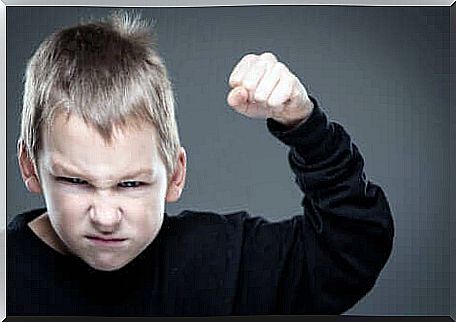
These behaviors must occur persistently and repeatedly for at least twelve months to receive this diagnosis. Those who suffer from it usually have aggressive behaviors against people or animals (sometimes they even torture small animals) and steal, among other things.
These children experience significant deterioration in several areas, such as school and social life. Indeed, they feel little empathy, ignore the feelings of others and act, most of the time, impulsively and without thinking of the consequences.
Symptoms of dyssocial behavior disorder
To make the diagnosis, 15 symptoms must be present in the past year. One of them must also appear within the last six months. The symptoms are organized as follows:
- Destruction of property: the child can cause fires or destroy property.
- Fraud or theft: he steals without confrontation, lying, swindling, waiting against the home or the car of other people.
- Aggression of animals and people: he threatens, intimidates, starts physical fights, is cruel to people or animals, boastful, etc.
- Serious violation of standards: he runs away from home, misses school without permission, does not come home at night, etc.
In addition, there are three types of dyssocial behavior disorder, depending on the age of onset of symptoms:
- Infant. Symptoms appear before 10 years of age and can last throughout adulthood and be associated with antisocial personality disorder. He’s the one with the worst prognosis.
- Adolescence. It begins after 10 years; its severity and deterioration are less serious. This disorder is associated with higher levels of rebellion and rejection of social norms.
- Unspecified. This term is used when it is difficult to establish the age of onset of symptoms.
Causes of dyssocial behavior disorder
Several causes can influence the onset of dyssocial behavior disorder. They can sometimes interact with each other.
- Cognitive.
- Genetics: existence of family history with this disease.
- Personal: History of Attention Deficit Hyperactivity Disorder (ADHD) or Oppositional Defiant Disorder.
- Socio-economic: living in marginal environments and with low socio-economic resources.
- Family: Broken families, substance abuse, mistreatment, abuse, child neglect, and inadequate educational styles.
- Psychophysiological: little reaction from the autonomic nervous system.
- Characteristic: difficult character, emotional insensitivity, poor avoidance of evil.
- Relationship with neurotransmitters: malfunction of noradrenaline and serotonin.
- Relationships with peers with behavioral problems.
Treatment of dyssocial behavior disorder
Today, there is not yet a fully established treatment. Usually programs are used in which parents and children play a crucial role, with professionals from different disciplines.
Psychotherapy
- Social and communication skills training programs, problem solving.
- Reinforcement of pro-social behaviors, with a model, behavioral contracts and emotional expression.
- Using Cognitive Behavioral Programs: Teaching positive ways of bonding and providing children with alternative behaviors to those corresponding to the disorder.
- Parental psychoeducation: teaching parents how to deal with dyssocial behavior disorder.

In very complicated cases, drugs such as selective serotonin reuptake inhibitors (SSRIs) may be recommended.
Recommendations for parents
- Educate with an assertive and democratic style. Avoid overprotection, indifference and being too demanding.
- When setting standards, explain the consequences if they are not met and be congruent.
- Develop the repertoire of social and communication skills.
- Provide emotional and social support to promote optimal development.
- Emphasize emotional regulation and education.
- Teach problem-solving strategies as an alternative to aggression.
- Seek professional help to support this process.
What to remember about dyssocial behavior disorder …
Ultimately, dyssocial behavior disorder is a disorder that must be detected as soon as the first symptoms appear in order to be able to initiate treatment and, in this way, improve its prognosis.
In the face of even the slightest suspicion, it is important that you seek professional help to carry out a comprehensive assessment and begin treatment as soon as possible. Don’t despair, be patient and stay calm. Things will get better eventually.
